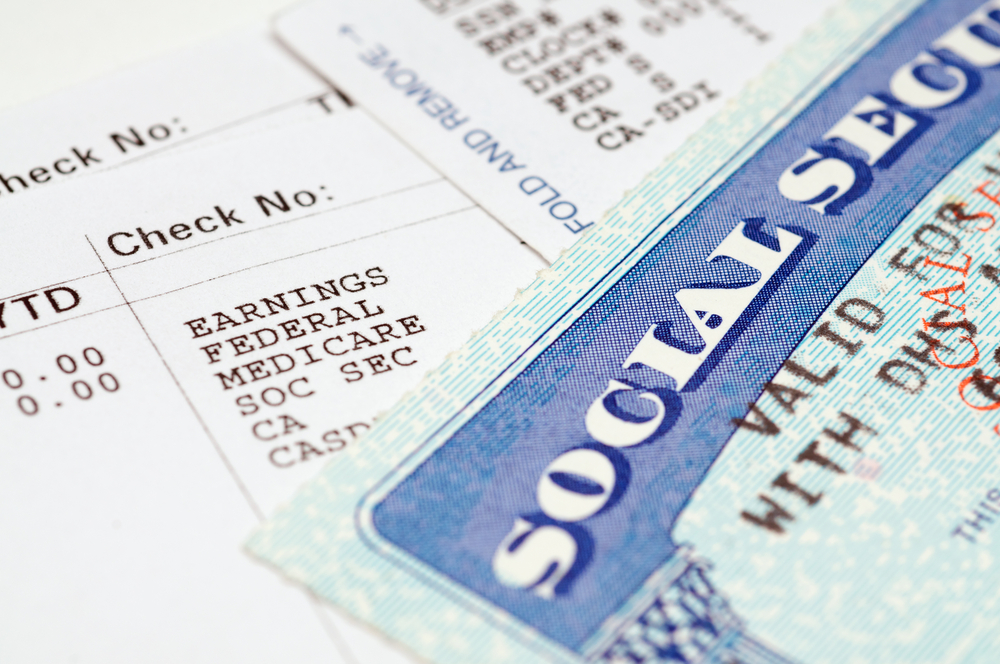
Social Security and Medicare can work together to make enrollment and payment much easier. First, we will look at what the eligibility requirements for both are, and then see how the two can work together.
Qualifying for Both
First, you qualify for both. For Medicare, you’re automatically eligible for Medicare once you turn 65 (or if you’re disabled, you can qualify for Medicare at any age as long as you’ve been getting disability benefits for at least 24 months).
Social Security enrollment works differently, as the benefits correspond to the age you apply for it. You’re first able to collect Social Security benefits at the age of 62. But the benefits are larger if you wait until you reach full retirement age. As of now, the full retirement age is 66 years and 2 months.
Receiving Disability benefits from Social Security hinges on your condition’s severity, your ability to work, and your monthly income. Severe conditions include Amyotrophic Lateral Sclerosis (ALS), blindness, thyroid cancer, and liver cancer. Your condition must inhibit you from performing basic tasks such as lifting, standing, remembering, and sitting. Your monthly income must not exceed $1,310.
Social Security provides a supplemental monthly income and enables automatic Medicare enrollment.
Social Security and Medicare Enrollment
If you’re receiving Social Security, you’ll automatically be enrolled in Medicare. You will get a Medicare card in the mail three months prior to your 65th birthday. Your Medicare benefits are effective on the first day of the month you turn 65. You’ll get Medicare Part A and Part B. Part A will provide coverage for inpatient care, such as hospital visits, hospice, and skilled nursing facility care. Part B provides coverage for outpatient care. This includes medical equipment (e.g. CPAP machines and blood glucose monitors), preventive care services, and doctor appointments.
You can decline Medicare Part B, as it comes with a premium you’ll have to pay. This is typically deducted from your monthly Social Security income. Note that if you turn this down now and you change your mind later, you’ll have to wait until the next enrollment period and pay a late fee on top of the premium.
Working Together
The enrollment process is just one of the ways these two work together. Social Security is a supplemental source of income. In this way, it’s similar to a Medicare Supplement Program, only with this, you don’t have to pay a monthly fee for the additional cost deduction.
Some may qualify for Medicaid if their income is below a certain level. For this, a person can have three sources of healthcare savings – Social Security, Medicare, and Medicaid. A person who qualifies for all three will have significantly reduced medical bill expenses.
You Might Qualify
Your income shouldn’t be held against you. No matter who you are or how much you make, you deserve to have treatments that enable you to live a long and healthy life. With these two together, you won’t have to feel daunted by healthcare expenses. That fear is why many will ignore symptoms and bear serious consequences that could have been prevented by a simple checkup.
We at Trusted Senior Specialists will eradicate all your worries about healthcare costs. You can call us at (855) 952-1941 and you can set up a free 30-minute video appointment to talk about your options with Medicare.
.png?width=129&height=63&name=second_logo%20(1).png)
